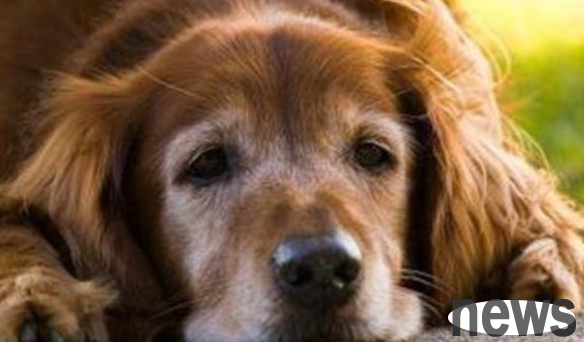Why do dogs always pant? What are the reasons and solutions?
It is normal for dogs to pant after strenuous exercise or when the weather is hot. This behavior shows sticking out your tongue and breathing quickly and shallowly, so don't worry. However, if the dog's wheezing looks abnormal, uncomfortable or painful, or if the wheezing sounds louder or more harsh than normal, it may indicate a dog's illness, such as Cushing's disease (which secretes too much cortisol) or other health problems.

There are many reasons why dogs breathe. You should observe the dog's body language and overall situation. Some of the most common causes of this behavior are as follows:
Unlike humans, dogs do not have an effective sweat gland system. Instead, they sweat in their ears and under their paw pads. Dogs exchange hot air in their lungs with cold outside air by gasping, thereby accelerating the evaporation of moisture in their tongue, mouth and upper respiratory tract. Once these water evaporates, their body temperature will begin to be adjusted, thereby effectively cooling down.
Panitation is one of the main behaviors shown by dogs. Such as noise, thunderstorms or fireworks are common causes of fear, anxiety and stress in dogs.
Dogs that are excessively panting due to anxiety or fear may have symptoms such as trembling, repeated yawning, whining, pacing, drooling, hiding, licking lips, squatting, curling tails, refusal to eat, sticky behavior, out of control of stools, or in extreme cases, out of control of the bladder.

Anemia occurs in both humans and puppies. Anemia is a disease diagnosed when the number of red blood cells (RBCs) decreases. These cells bring oxygen to different parts of the body, and anemia can lead to hypoxia. This may cause the dog to get aggravate its breath. In addition, the gums of anemia dogs are pale pink or white, which may be manifested as lethargy.
Black-headed dogs (such as French bulldogs and pugs with short and flat noses) tend to pant because they cannot breathe normally. This is especially true after exercise or when puppies eat. This condition is called short-headed obstructive airway syndrome (BOAS), which is caused by narrowing the upper respiratory tract.
These dogs suffer from persistent dyspnea and their wheezing efficiency is not as efficient as other dogs, which increases their risk of heat stroke.
Puppy wheezing can also be caused by respiratory diseases such as pneumonia, lung tumors and laryngeal paralysis. Any breathing problem can lead to breathing problems, one of which can be gasping for dogs or difficulty breathing.




